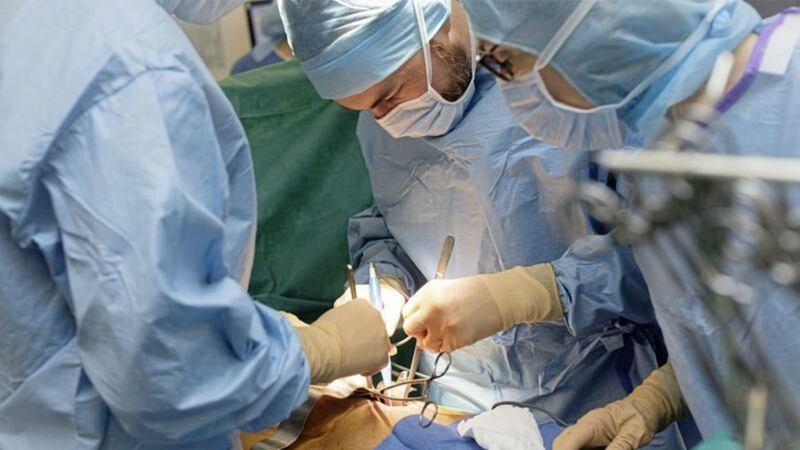The writing is on the wall. A large billboard on the Derry/Belfast Road. That is where I saw it first.
Then in the pages of this newspaper. First as an advertisement, inviting the lame and the crippled to Dublin, so that they can lay down their crutches and walk.
Then the written articles, the most specific and pertinent reporting the establishment of a private GP practice in Armagh, the ecclesiastical capital of Ireland.
A column I had written about a north/south scheme generated questions from a few friends about the procedures and the prices of heading to Dublin or Galway rather than waiting for years on an operation in the north that might never happen before one dies.
So, I initially put it down as an aberration, a blockage in one section of the health service that would work itself out after Covid or when the political parties were eventually forced to grasp the nettle of major restructuring within health.
My trips to Dublin had introduced me to the extensiveness of private medicine in the south. The taxi driver who drove me from Connolly Station to the hospital gave me my introductory lesson, he had to wait a matter of weeks to get his hip replacement. The older man in the next bed, working on the building sites all his life, the young man up from Galway for more complicated surgery, the bank manager who wanted to get back to his golf, a sample of southern society, all experts in the mechanisms of private health insurance. My antennae should have been sharper when I ran into a few others on one of the train journeys back to Belfast, down for their procedures in various Dublin hospitals.
I had been one of those who thought that health would be a major stumbling block to the new/shared Ireland debate. I thought that health would be the Achilles heel that unionists, undecideds, and even tepid nationalists would use as the main prohibitor. I argued that southern medicine would have to come much closer to an NHS ethos to bring the genuine naysayers on board. I thought that the days of paying to see a GP as presently practised in the south, would have to come to an end. I didn’t see the change coming from the other end of the spectrum.
I had an inkling, of course, that some medical consultants moved north and south, enhancing their income stream and I knew that most consultants had a small aside in the private sector. But I was unsighted about the burgeoning growth of private insurance and private medicine in the north. I still have no statistics to prove it right or wrong, but the anecdotal evidence is mounting. More stories that there is already a waiting list to get into the few private hospitals that already operate in the north. Mounting frustration with the GP service which is no longer serving the public as of olden days. But crucially, a sense that the middle class, whilst still supportive and protective of the NHS, have opted to have an alternative which they will use as and when they need a quick service. The middle class won’t wait on the politicians when it comes to matters of life and death and which affect not just themselves but their children.
Some of those children services are already all Ireland. Some of the private hospitals are all Ireland. It is inevitable that the growing sophistication of some branches of modern medicine will force services together.
So, it is a different debate than the one I thought would happen. It is one about private and public, about what is best for the greatest number. What is affordable for the country and for the patient? How many centres of excellence can be provided by the limited number of experts available within a small country?
Keep an eye on the billboards.









